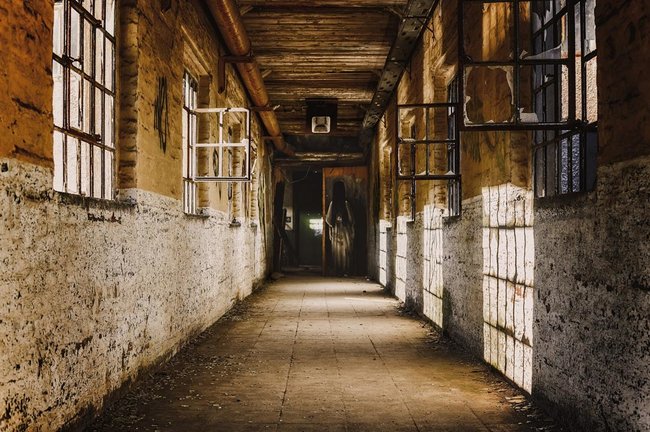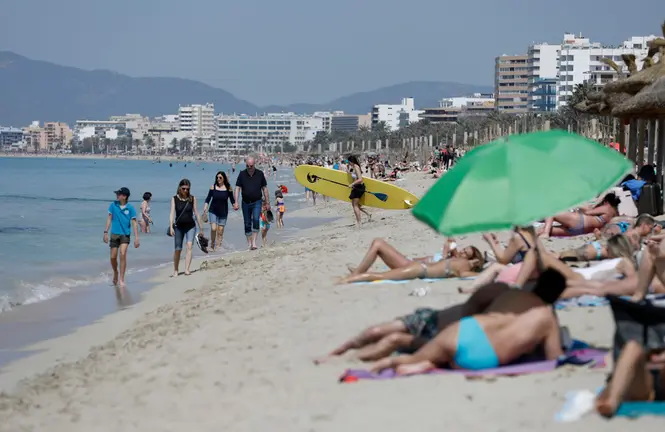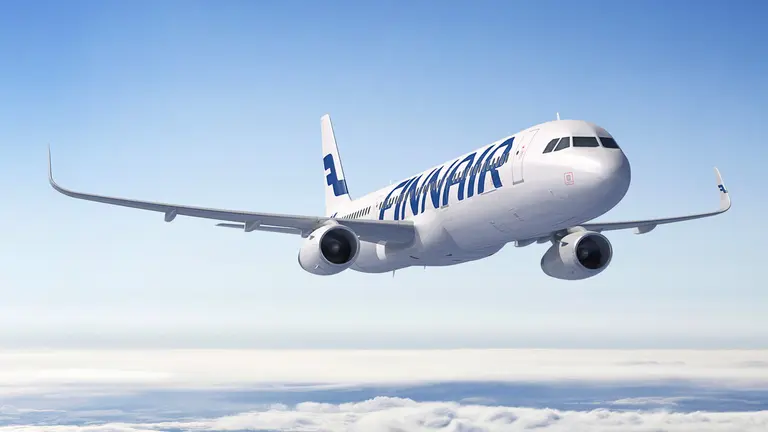The world is still dealing with the new coronavirus pandemic and will continue to do so for the foreseeable future, so it is becoming increasingly obvious that many things will never be the same again. That includes traveling, especially air travel.
Several industries are currently shut down or struggling because of this virus and one of the most affected is the airline industry. And even though most governments around the world are giving financial aid to said companies it is clear that they will have to reinvent themselves in more ways than one.
According to the Pew Research Center and their analyses of border closure announcements and United Nations population data, about 91% of the world population lives in countries with travel and entry restrictions on non citizens and non residents since the pandemic started, which has brought the travel industry to a halt.
Some of the countries, like India, have even suspended visas and required a two-week quarantine for everyone, no matter the citizenship. Others, like Ecuador, just downright closed their borders to everyone, including their own citizens.
So with all of this in mind, it is evident that these companies need to rethink all safety and health measures, while finding the best ways to revive their businesses. In that sense, and much like other profoundly negative events that have restricted and changed air travel, like 9/11 or the 2008 financial crisis, that might mean that, at least, some of these measures could be permanent, post pandemic.
And eventually, this industry is going to recover as it always has, according to different travel experts, but for now here are some of the actions already put in place or planned to be in the near future.
Cheaper prices
For the moment it seems that most airlines are establishing cheaper prices for tickets and more flexible change and cancellation fees, with some airlines wavering them altogether, at least until the end of this year.
For example, Finnair has updated its terms and conditions, in which it states that, until November 20th of 2020 the travel dates can be changed without a change fee, for trips booked until April 30th of 2020. But only for flights booked and operated by Finnair.
According to TripAdvisor and Scott’s Cheap Flights, for example, cheaper plane tickets may be in effect for a while, even after this crisis. However, organizations like the International Air Transport Association (IATA) disagree and say that prices may rise up to 54% in certain places due to safety measures like social distancing which will make fewer seats available.
As for safety regulations, one of the first rules to be considered and implemented on a permanent basis seems to be the use of face masks, which most airlines are now demanding of their passengers, crew members and other employees. They are already mandatory in several public places in most countries affected by the novel Coronavirus, so having to wear them on an airport or airplane should come as no surprise.
Which is also true for social distancing, as many airlines are blocking middle seats and making travelers do their check-in, security check or boarding planes in longer, more spaced out lines or just texting passengers letting them know when it is time to board to avoid standing in lines altogether.
Blood tests
Some companies and airports are currently making - or considering making - travelers take a blood test or nasal swab before their flight or upon arrival, like the airline Emirates that began, in April, giving Covid-19 blood tests, which gives the results in 10 minutes, to its passengers departing from Dubai; or like Hong Kong introducing mandatory Coronavirus testing for all arrivals no matter the country of origin; or like the Narita International Airport in Tokyo that has required that all passengers arriving from high-risk countries to be tested before allowed to be let in the country.
Other measures being considered or already being implemented by some airports and airlines, like London’s Heathrow Airport, is to do regular temperature checks before flights, or like Air Canada that, besides controlling passengers temperature, now has mandatory health questionnaires and provides amenity kits with hand sanitizer.
And then there are other airports and companies that have trialing kiosks to monitor passenger’s health and thermal-imaging cameras to detect people with high fevers and preventing them from boarding, like Etihad Airline in Abu Dhabi or Puerto Rico’s International Airport, respectively.
Some airports like the Las Vegas International Airport have installed PPE (Personal Protective Equipment) vending machines that sell one use and reusable masks, hand sanitizer, and disinfecting wipes, and this can become a regular sight in most international airports.
Trained dogs
Yet another proposal is to train dogs to smell the coronavirus on travelers even if they are asymptomatic, much like drugs and weapons, like researchers from the UK are trying to do right now, as respiratory diseases can affect body odor and thus the dogs can pick up on a specific scent, which is exactly what they are currently training the dogs to do.
Airplane design radically changing, hot meals elimination, flight attendants having to wear full protective gear, in-flight janitors, showing immunity documents or health certificates along with a person’s ID, bags being sanitized separately, cleaning robots, contactless terminals and plane cabins and full-body disinfection booths are even more changes being considered to put in place in the future and maybe permanently.
But these are just some of the procedures currently being studied, considered or already being implemented - with the expert analyses company SimplyFlying estimating more than 70 changes in total - and some or all of these might become the norm in Finland and around the world eventually.













